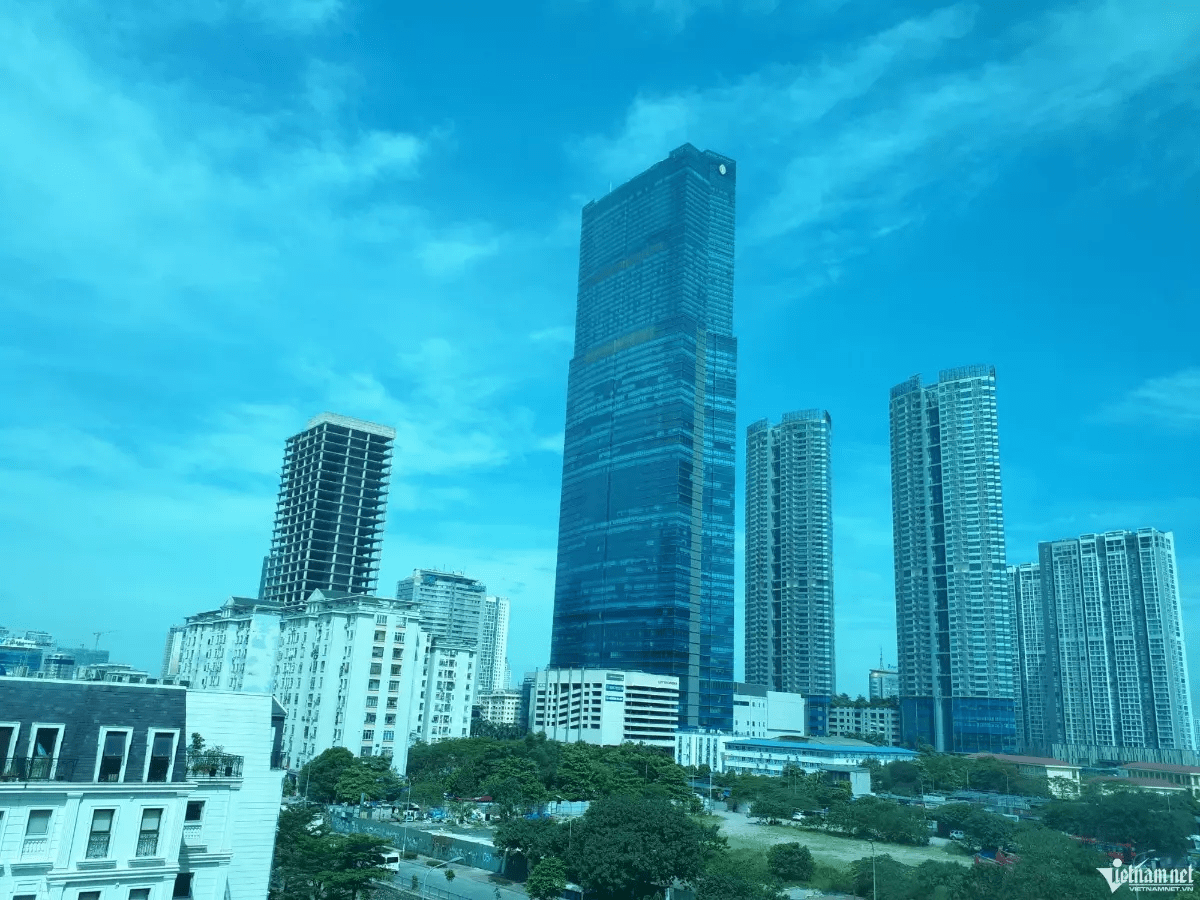
S&P Global Ratings on May 26 announced that it had upgraded Vietnam’s currency sovereign credit ratings to BB+ with a stable outlook. Prior to that, in April 2019, the institution upgraded Vietnam’s rating from BB- to BB.
Those who monitor the history of Vietnam’s credit ratings understand that it is not easy to get BB+. This required great perseverance for many years to obtain the rating.
It took Vietnam nine years, from December 2010, to get the BB rating and took just 3 years to get an in-grade promotion from BB to BB+.
The S&P’s decision to raise Vietnam’s sovereign credit rating shows its recognition of the recovery of Vietnam’s economy. The Government has removed domestic and international travel restrictions, the vaccination rate has improved, and the Covid-19 control policy has been flexible.
The remarkable improvements in administrative procedures, especially ones related to the quality of guaranteed debt administration, plus the strong economic outlook, a firm position in foreign policies, and the attraction of foreign direct investment (FDI) despite Covid-19 are some of the most important factors for S&P to upgrade Vietnam’s rating.
The upgrading was foreseeable. Earlier this year, when talking to VietNamNet about Vietnam’s credit rating, Hoang Phuong, an international capital arrangement expert, said he believed that Vietnam’s rating would be upgraded soon, which paves the way for businesses, not only state-owned, but private ones as well, to access foreign cheap capital.
Explaining the BB+ rating, Phuong said according to S&P’s rating scale, Vietnam just needs one more notch to be listed among investment grade and escape junk status.
He explained that getting investment grade is like stepping into a VIP room, where there are luxury services available. This means that it would be easier for enterprises with transparent financial reports and good business governance to access capital at low costs.
However, he warned that once entering the VIP room, Vietnam had to follow the rules set for VIP rooms to be able to use VIP services.
“Investment grade is just a ticket to enter the room and if Vietnam wants to get benefits from VIP services, Vietnam will have to ‘play’ by the new rules.”
Long path ahead
There are different grades for a sovereign credit rating. An A rating means safe for investment, while B, C and D ratings are riskier than A.
If the risks increase, lending interest rates will be higher to cover the risk of losing capital.
“As such, if enterprises and countries want to have cheap capital, they need an A rating,” Phuong explained.
If they don’t have an A rating, they will still be able to borrow capital, but at higher costs. Also, foreign institutions follow a stricter appraisal process before lending, which may slow down the process of accessing loans.
In fact, Vietnam’s sovereign credit rating at BB+ is still one of the factors hindering enterprises’ call for international capital. Vietnam’s credit rating is lower than that of other regional countries, including Malaysia (A-), Indonesia (BBB), the Philippines (BBB+) and Thailand (BBB+).
Meanwhile, Singapore has a credit rating equal to developed finance markets (AAA). Laos and Cambodia have not been rated by S&P. China is rated at A+.
As such, Vietnam needs to surpass B in order to join the international capital market to access capital cheaply and rapidly.
According to Fiinratings, BB+ is the highest rating in the BB group, which is considered to be a speculative grade’’.
If getting BBB-, Vietnam would be considered for investment of many international institutions in the world. The BBB- would be just one notch lower than Indonesia and 2 notches lower than Thailand, the Philippines and Malaysia.
In order to get in-grade promotion, Vietnam needs to make greater efforts in improving the business environment and lift barriers for administrative procedures. Meanwhile, enterprises need to be more transparent to receive higher ratings by international institutions.
“We have a long path ahead before reaching the next level. Understanding the rules of the game is a necessity to join the world’s playing field,” Phuong said.
Luong Bang